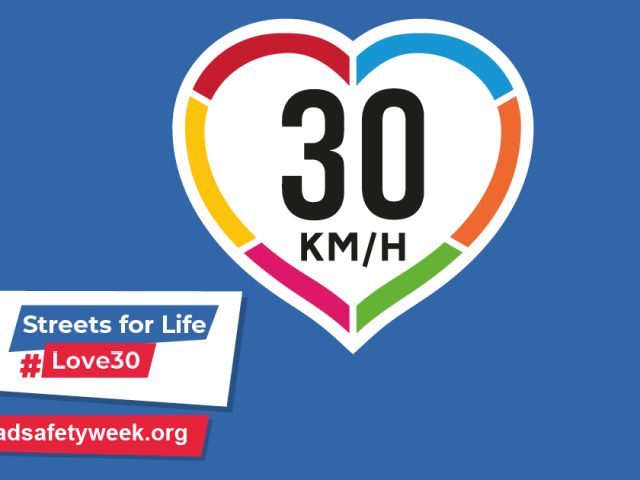EU study highlights aviation safety concerns linked to regulatory and social gaps
A new European study warns that growing job insecurity and regulatory loopholes in aviation are undermining safety culture and crew wellbeing.
The report “Evolving Social Challenges for Aircrew and the Need for Regulatory Response report”, produced by Ghent University with support from the European Cockpit Association (ECA), the European Transport Workers’ Federation and the European Network Airlines Association, was funded by the European Commission. It draws on responses from nearly 7,000 pilots and cabin crew across more than 100 airlines.
The study finds that over one in ten aircrew in Europe work under “atypical” employment arrangements, including self-employment or agency contracts. These are common in low-cost airlines and in “wet-leasing” operations, where one airline provides aircraft and crew to another under short-term contracts. Crew in these situations report greater job insecurity, weaker union representation, and less willingness to report fatigue or safety risks. More than 40% of crew say their contract influences their ability to make critical safety decisions, while 35–45% admit they avoid reporting fatigue or health issues out of fear for their careers. Shockingly, over 10% openly admit they do not report safety incidents at all.
The researchers also highlight discrepancies between the official “home base” listed in contracts and the actual airport where crew start and end their duties, suggesting potential abuse of tax and labour rules.
The report concludes that employment conditions must be treated as a core safety issue, not just a social one. It calls for EU-level action to strengthen protections, clarify home-base rules and integrate wellbeing into safety-management systems.








